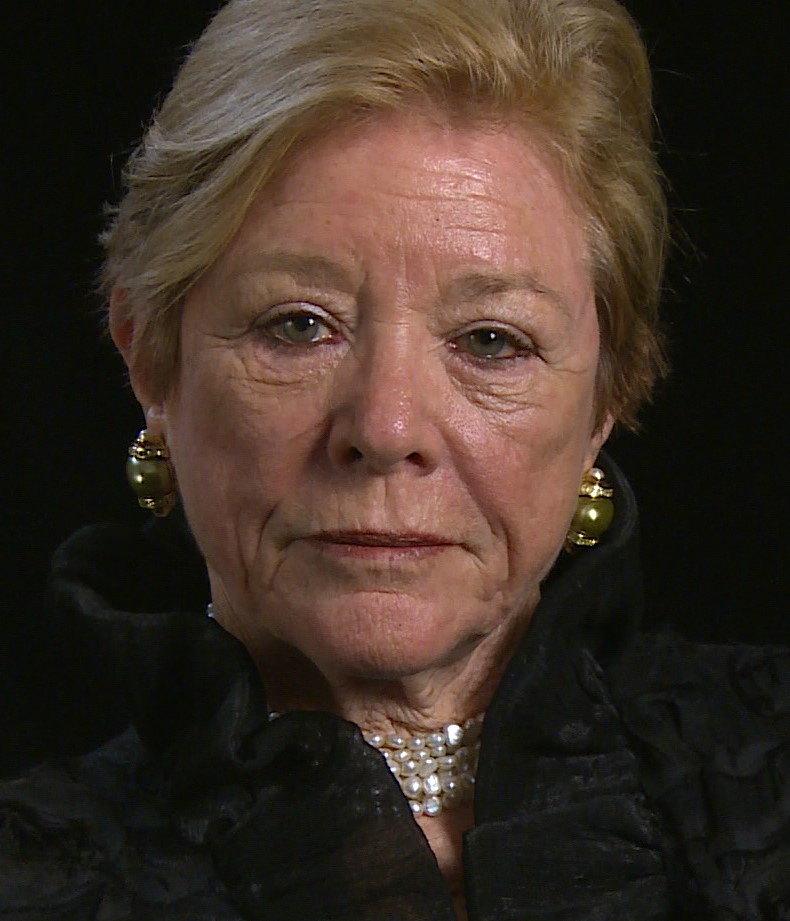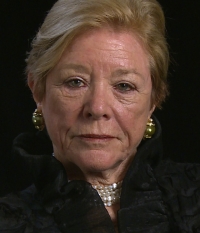Czechoslovakia was a life changing experience

Download image
Wendy Luers was born on 16 July 1940 in Ann Arbor, Michigan, USA but grew up in San Francisco. She studied political science at Stanford University and after graduation, worked for Amnesty International and as a journalist. In 1983-1986 she lived with her husband William H. Luers, the then-US ambassador, in Czechoslovakia. During their stay, the couple had been in touch with dissidents and representatives of unofficial cultural scene, and supported them in their activities. They remained in touch even after their return to the US and following the fall of the communist regime in Czechoslovakia. Wendy Luers is the founder of The Foundation for a Civil Society (FCS), a CSO aimed at the development of civic activities. The organisation hadbranches in Prague and Bratislava. In 1997, the Czech one was transformed to the Via Foundation. Wendy Luers lives in New York and pays regular visits to the Czech Republic.

